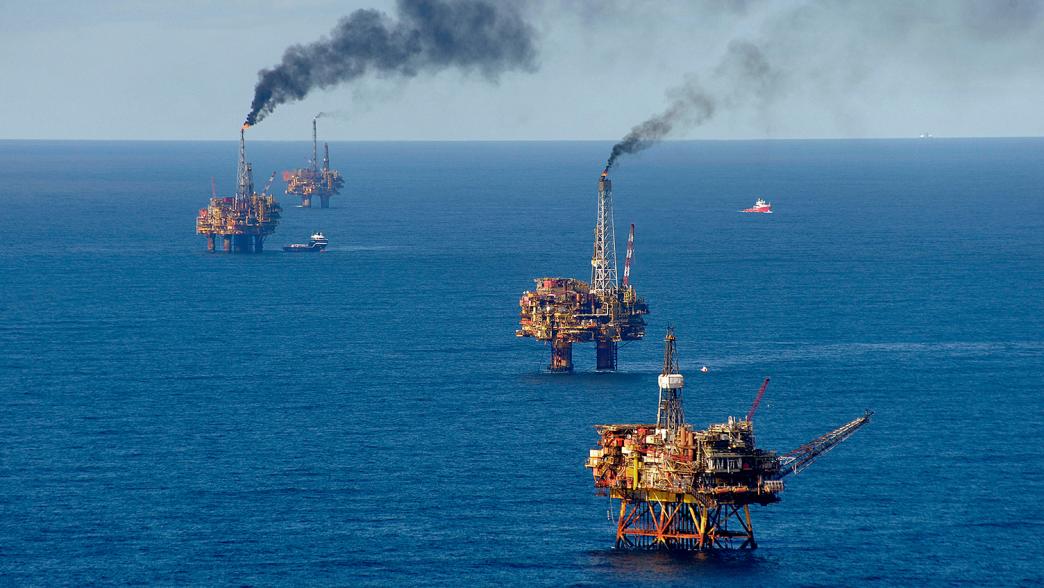Committee on Climate Change
What is the Committee on Climate Change and what does it do?

What is the the Committee on Climate Change and when was it established?
The Committee on Climate Change (CCC) was established in the 2008 Climate Change Act which also set the UK’s legally binding target on greenhouse gas emissions reductions. The initial target was to reduce emissions by 80% compare to 1990 levels; in 2018 Theresa May’s government increased that target to “net zero” by 2050. The CCC is an executive non-departmental public body, whose sponsor is the lead climate change mitigation department, currently the Department for Energy Security and Net Zero (though the Department for Environment, Food and Rural Affairs leads on adaptation issues).
There are currently seven members of the Climate Change Committee (including the chief executive Chris Stark). It has been chaired since 2012 by Lord Deben, former secretary of state for the environment, John Gummer. A new chair is in the process of being appointed.
There is a separate six member committee on adaptation, chaired by Baroness Brown (professor Dame Julia King), which reports on progress in adapting to climate change. Professor Michael Davies is a member of both committees.
What are its principal functions?
The Climate Change Committee has two principal functions:
- To advise the government on five-year “carbon budgets” necessary to meet its 2050 target. Its most recent advice, in December 2020, was on the “sixth” budget for 2033–37.
- The committee reports annually to parliament and the devolved legislatures on progress towards the UK’s carbon budgets. That report needs to be made by 30 June in any year. The UK government must lay a response, after consulting the devolved governments, by 15 October that year.
The original legislation had no provision for the committee to look at adaptation, but was amended during its passage to establish the Adaptation Sub-Committee. It has two functions:
- To produce a UK Climate Risk Assessment (the most recent was the third risk assessment in 2021) as an input into the Climate Risk Assessment the government is obliged to produce every five years.
- To assess progress on adaptation every two years. There is no comparable target to the emissions reduction target, with the focus instead on the National Adaptation Plan the government produces. Nor is there any obligation on government to respond to parliament in the same way as there is on emissions reduction.
Does the government take the committee’s advice?
Thus far, the government has always accepted the advice of the Climate Change Committee on carbon budgets. It also sought advice from the CCC before increasing its legally binding target to net zero in 2019. But while recent reports have suggested pathways to meet the net zero target, the government has not necessarily adopted ideas proposed by the CCC (for example, it has been highly resistant to reducing meat consumption).
On adaptation, although individual recommendations have been accepted reports have pointed out that the UK has not been making adequate progress and indeed has been going backwards.
In the CCC’s most recent report, published on 28 June 4 2023 Progress Report to Parliament - Climate Change Committee (theccc.org.uk) , the committee warned that progress was stalling, that the government was not on course to meet the 2030 target it set before COP26 in Glasgow and that it risked losing its international leadership position.
Has it been copied in other countries?
Yes. The UK governance arrangements on climate change – legally binding targets and an independent oversight committee – have been widely regarded as world-leading and have been copied elsewhere. For example, Ireland established a Climate Change Advisory Council in 2015 and New Zealand established a Climate Change Commission in 2019 (preceded by an interim committee in 2018).
- Topic
- Net zero Public bodies
- Political party
- Conservative
- Administration
- May government Sunak government
- Department
- Department for Energy Security and Net Zero Department for Environment, Food and Rural Affairs
- Publisher
- Institute for Government